2024 started on an ominous note for the Dutch business climate. The year began with former ASML CEO Peter Wennink hinting at the company leaving the Netherlands. The semiconductor equipment maker is the country’s largest company and one of Europe’s most valuable tech firms. ASML assembles its machines in Veldhoven, which are crucial for manufacturing cutting-edge chips and the company has become a crucial lever in the ongoing effort of the US to clobber China’s chip industry.
Wennink’s warnings came amidst government policies aimed at curtailing migration and the decision to scale back a tax break offered to highly skilled immigrants. AMSL, with about 40 per cent of its employees in the Netherlands not Dutch and planning for an expansion, found these government policies at odds with its talent pool. “Ultimately, we can only grow this company if there are enough qualified people,” told the Dutch broadcaster RTL.
While the Dutch government’s “Operation Beethoven” successfully persuaded ASML to continue to invest in the country, there were gremlins of the decision in the air. For Dutch businesses and entrepreneurs, it was an existential question and many came to grapple with the idea of whether to stay or leave the Netherlands. Is there a looming tech exodus in the Netherlands? Well, the Dutch entrepreneurs see it as more noise than signal.
Tech exodus
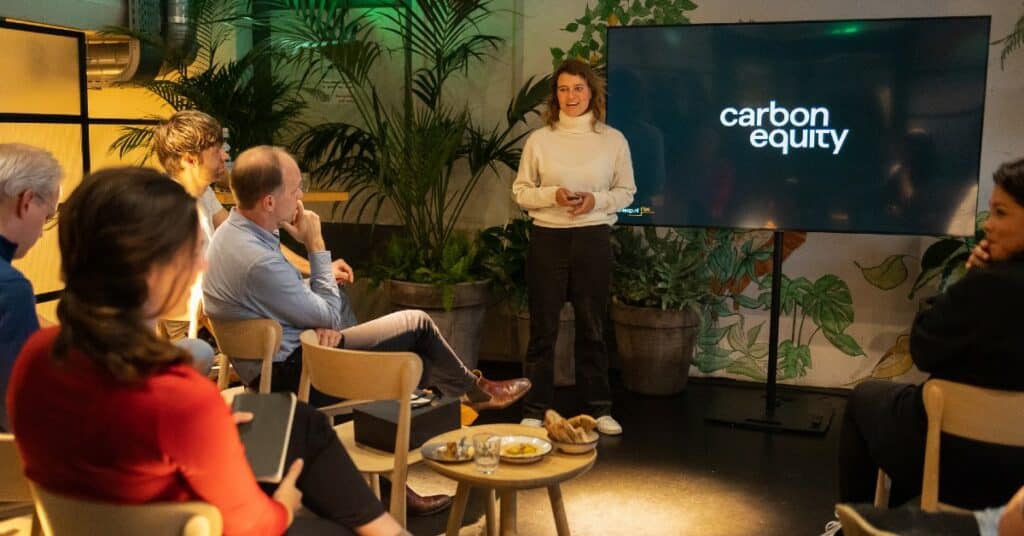
After the cross-ministry effort to address concerns raised by tech firms like ASML, NXP, and others, the question of whether to stay or leave the Netherlands came to the fore once again when Bird founder and CEO Robert Vis announced his decision to leave the Netherlands. “I myself have zero problems paying a lot of taxes, but I just can’t reward my employees in a way that is beneficial,” he wrote, critiquing the ecosystem and citing tax burden, bureaucratic hurdles, and a lack of support.
“For example, countries such as Switzerland, the United States, and Singapore offer a much more favourable environment for entrepreneurs with a progressive vision,” he exclaimed.
While Vis is not alone in criticising the Dutch tech ecosystem, not many Dutch entrepreneurs are taking the exit route. “There is no rise in sentiment to leave the Netherlands,” Robert Gaal, the co-founder and CEO of Vesper, told me in an email.
In his rebuttal to Vis, Gaal, who had moved to the US, not only offered to stay put but encouraged other Dutch tech entrepreneurs to join his pledge to stay in the Netherlands. He says the sentiment of few does not make an exodus and “the perception that they speak for the majority is fundamentally flawed.”
“We are the OG builders of the future, and we’ve not stopped doing so,” he says before adding, “Any anecdotal evidence trying so hard to prove the opposite is misguided and misdirected.”
Jacqueline van den Ende, co-founder of Carbon Equity, a startup simplifying climate investing, agrees with Gaal and says the sentiment to leave the Netherlands is not as widespread. However, she is quick to point out the increasing political hostility towards migration is driving this false narrative. “The Dutch government is planning to reduce or cancel the tax incentives for highly skilled migrants which is likely to affect the competitive position the Netherlands has in attracting highly skilled talent from abroad,” she adds.
She also accepts that the Dutch tech ecosystem does not radiate the same energy it did a decade back. While that change in excitement in the Dutch ecosystem can be attributed to how mature the ecosystem has become, it does not negate the fact that other regions like the Middle East are experiencing higher levels of growth.

The interesting thing here is that Dutch tech entrepreneurs are forthright about their criticism while also addressing its strengths. Joost Kamermans, co-founder of Seenons, an Amsterdam-based tech company building circular waste management, says this sentiment stems from the fact that “entrepreneurs are ambitious people” looking to create an impact and looking at conditions such as availability of capital, talent, and legislation that fosters speed or growth, market potential and high-performance culture to succeed and become market leaders.
As an inherently small market, he feels the Netherlands offers less capital and there is a need to ensure “the availability of talent, high-performance culture and the legislation to foster speed are maximally utilised.” He adds, “More and more companies compete on a global level and they will simply go to places where they have the highest chance of winning.”
Julia Mitereva and Luis Galdamez Echeverria, who co-founded FashionPotluck.com, Greek.Social, and Founders Mesh together see building a proper network and finding investors who are willing to risk and fund existing startups and their products as a major challenge. However, they don’t agree with the notion that entrepreneurs are leaving the country. “An innovation ecosystem depends on the talent, ideas, and commitment of founders, which Amsterdam has plenty of,” Mitereva and Galdamez Echeverria explain.
Embrace the people

Tech exodus is not new and as long as tech ecosystems are there, there will be the sentiment to move away from them for various reasons. Even Silicon Valley is not immune to that and in many ways, it is similar to kids leaving their homes to build a career or life of their own. However, in the case of tech ecosystems, there are mitigating steps to ensure the entrepreneurs don’t leave them.
When it comes to the Dutch talent, Gaal says they have reinvented “how the internet (Framer) or books (Immer) or crops (Source) or protein (Cradle) or video games (Vesper) are made.” He adds that the likes of Adyen, Mollie, Booking, and Polarsteps have transformed how people buy and travel. For the Dutch tech ecosystem to retain talent and enterprises built by them, he recommends the country should “embrace the people.”
He explains how the Netherlands served as a port to the worldwide economy that welcomed anyone and everyone regardless of their background. “It has brought us tremendous wealth. We’ve somehow forgotten about all of that in the last forty years. For the next forty, we should embrace the people that want to deploy their skill and experience within our borders,” he explains.
He recommends expansion of the 2015 “Startup Visa” to include talent employed by startups, sponsored by local incubators, and other organisations. Gaal also argues in favour of turning the STAK into part of employment law so that every startup employee, regardless of their position, benefits from the exponential growth of their company.
“Make it so easy to create an employee stock option plan that any business can do it for the same cost as starting a BV. After all, this is the mechanism that creates more founders as well as angel investors,” he adds and sees an immediate need to eliminate any barriers for startups to build new things.
While Gaal sees the need to strengthen knowledge migration, employee participation, and innovation, Kamermans argues that the Dutch ecosystem should strive to fix the high-performance culture. He says the first step in making the Dutch ecosystem lucrative for entrepreneurs to stay in is to ensure that employees can benefit from stocks without being heavily penalised through taxes.
“Ensuring there is an upside to working more, which will inherently boil down to making income taxes lower. This will result in the need for the government to spend less, which is also important, as the size of the government is also part of the problem when it comes to inflation and labour shortages,” he adds.
“Given the current political climate, there is a tendency to lean toward less immigration. However, a thriving scale-up ecosystem requires a steady influx of talent. Instead of reducing the number of foreign students or English classes, we should increase them. Rather than reducing the expat tax ruling, we should revert it to the way it was – 8 years with a flat 30 per cent tax rate,” says Remco Janssen, founder and publisher of Silicon Canals.
Van den Ende does not mince words and addresses the elephant in the room: government policy. She says the Dutch entrepreneurs need an environment that is and remains attractive to international talent. In other words, a government that is not hostile to migration and has reasonable incentives to attract talent.
She explains, “I think it is particularly important to invest in homegrown talent. For this we need to aggressively invest in world class education in the Netherlands. Imposing higher tax rates on (school) books, sports and culture will not achieve this objective.
While regulations, taxes, and European mandates such as SFDR exist, Van den Ende says the Dutch business climate is supported by the red tape seen in other regions. However, she argues the current political environment strives for a “zesje” (a Dutch term for six) rather than celebrating excellence.
“I would also hope for an overall political climate that embraces innovation and sustainable progress as a result of which we stay at the forefront of global innovation not lagging at the back,” she adds.
More action, less reaction
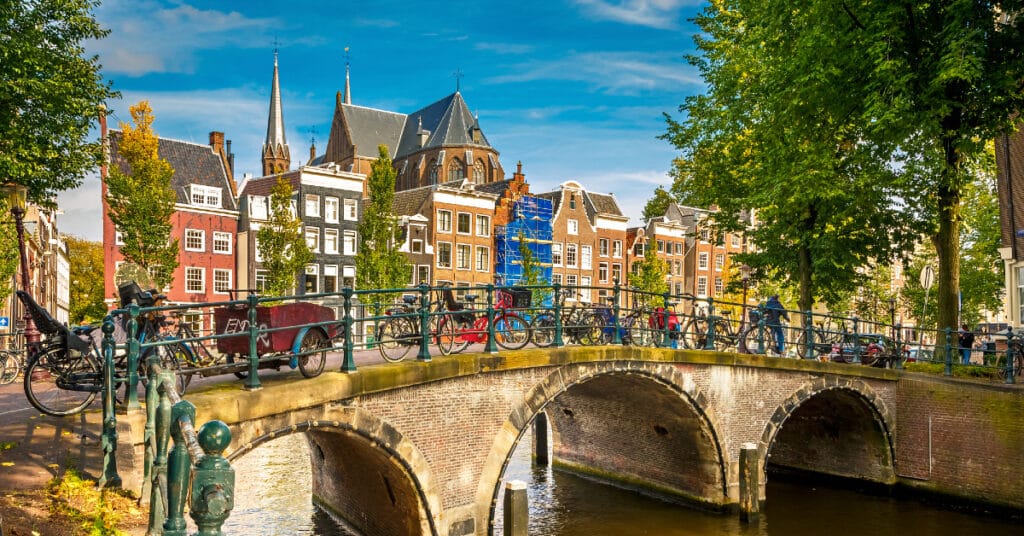
Mitereva and Galdamez Echeverria argue the country needs a clearer vision and a stronger understanding from municipal bodies like StartupAmsterdam and believe these organisations should not treat supporting the ecosystem financially as a charitable act.
“There seems to be a lack of seriousness when government employees and investors interact with founders,” they explain, adding, “This suggests a misunderstanding of the significant financial and professional commitment that founders in the Amsterdam area make.”
Van den Ende sees Techleap.nl doing a great job of delivering hands-on practical support to startups. However, she sees the need for the Ministry of Economics to play a big role in ensuring the Netherlands has a vision for the future. She wants the ministry to focus on sectors the country wants to win and develop the right policy environment and support ecosystem for entrepreneurs to be successful here.
For Kamermans, the government has a big role to play in ensuring entrepreneurs do not leave the country. He says the government should create a policy framework where the talent can thrive and grow and the basics of entrepreneurship do not take a backseat. He says such a policy will allow the Dutch investor and entrepreneurial community to not only “make the most out of it but also give it their all.”
While the online discourse might hint at Dutch entrepreneurs looking to leave the country, the truth is far from it. The Dutch ecosystem continues to stay strong and some entrepreneurs are more focussed to stay and succeed here than elsewhere. However, the country needs to fix its policy towards migration and support employee growth and innovation in Dutch tech firms.




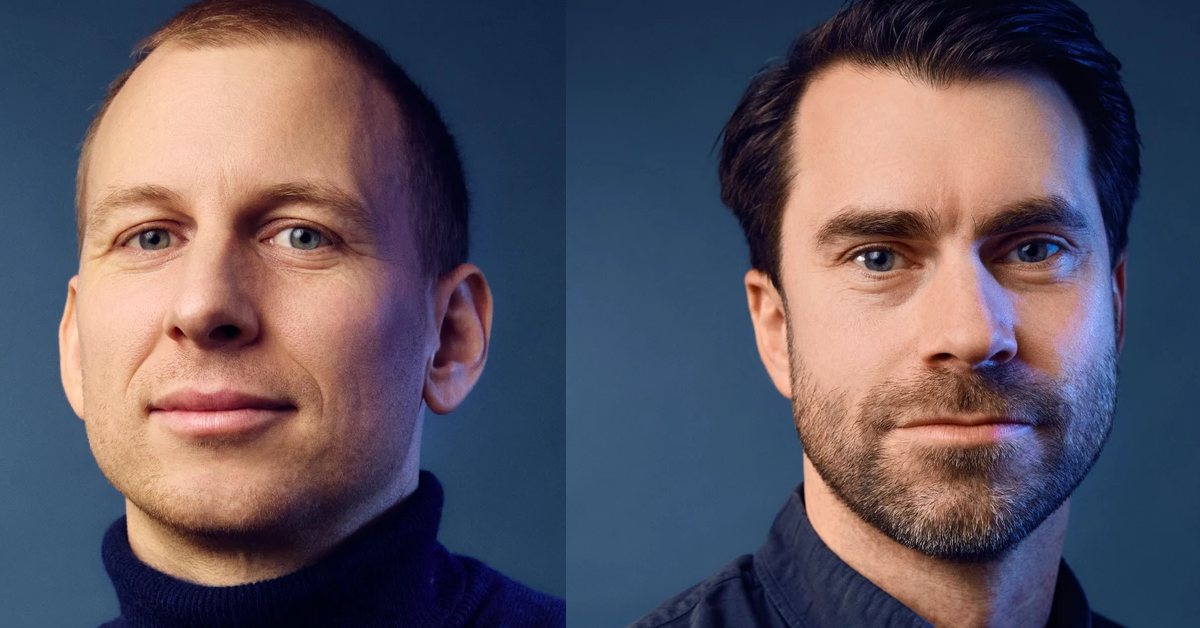
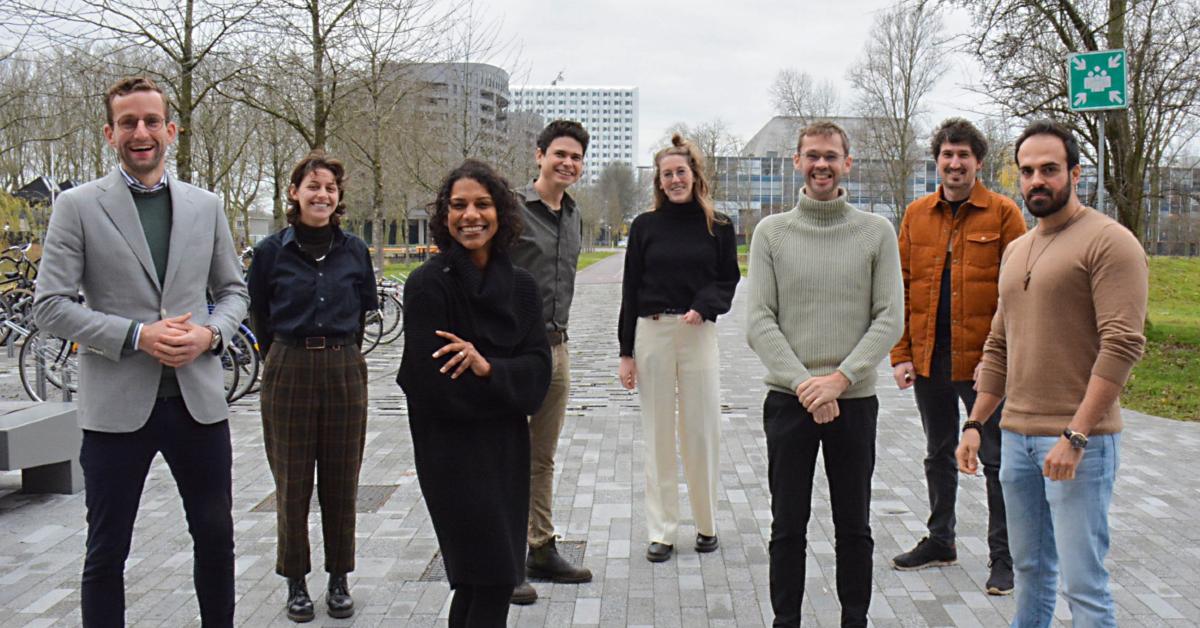

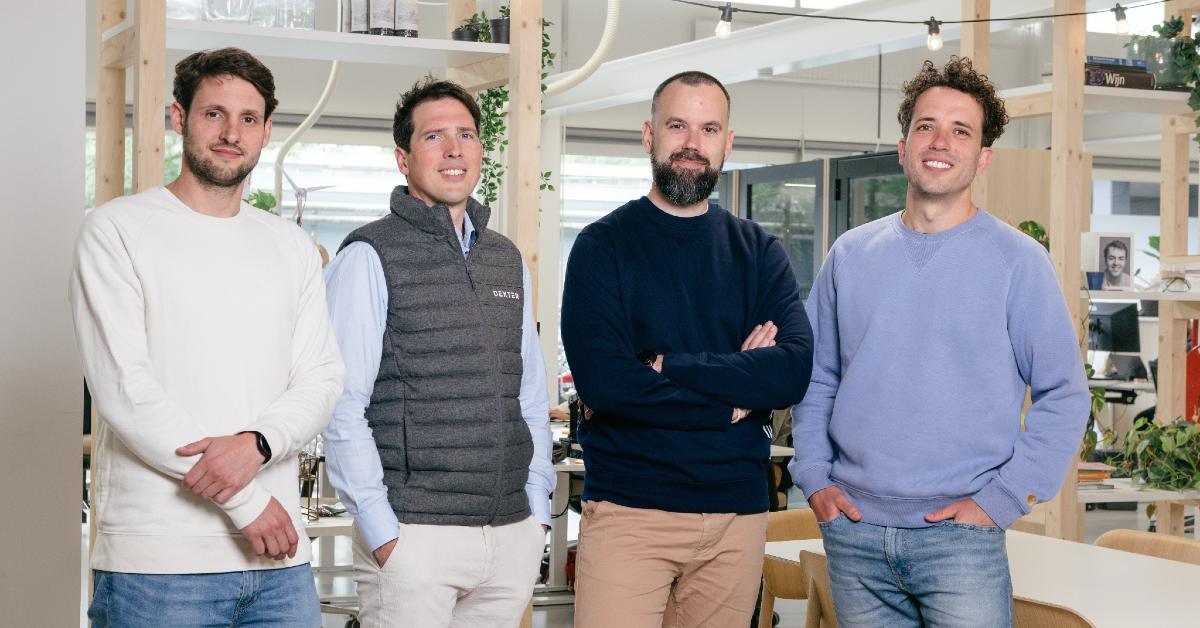
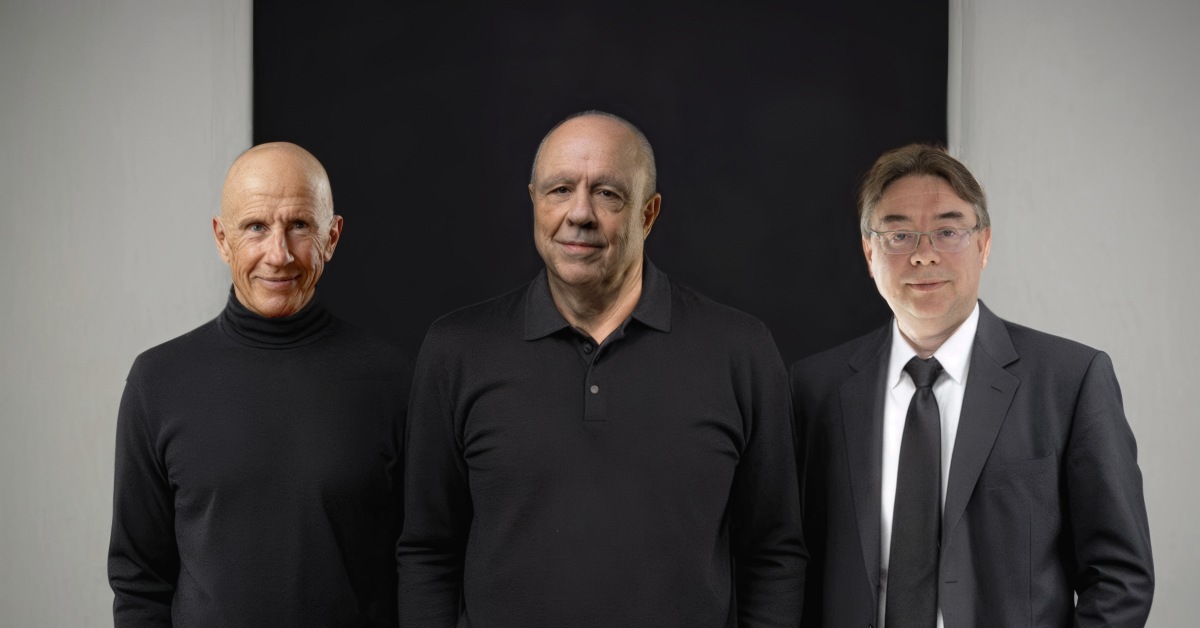

01
From telecom veteran to Dutch Startup Visa success: The Jignesh Dave story